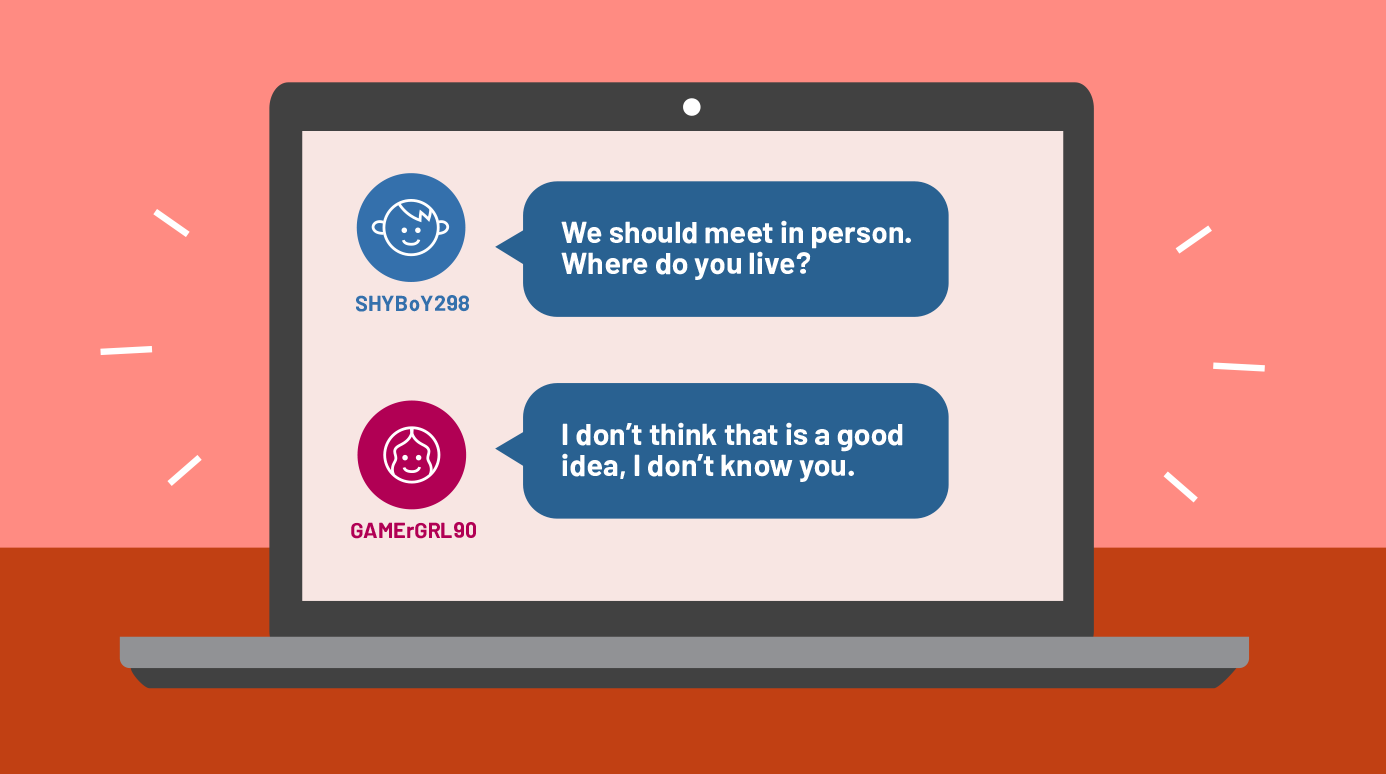Internet Safety for Kids -
Staying Safe from Online Predators

Internet Safety for Kids
Staying Safe from Online Predators


/en/internetsafetyforkids/teaching-kids-about-internet-safety/content/

The Internet is much more anonymous than the real world. People can hide their identities or even pretend to be someone they're not. This can sometimes present a real danger to children and teens who are online. Online predators may try to lure kids and teens into sexual conversations or even face-to-face meetings. Predators will sometimes send obscene material or request that kids send pictures of themselves. Therefore, it's important to teach your kids to be on their guard whenever they're online.
Teens are generally more at risk from predators. Because they are curious and want to be accepted, they may talk to a predator willingly, even if they know it's dangerous. Sometimes teens may believe they are in love with someone online, making them more likely to agree to a face-to-face meeting.
NetSmartz.org has lots of information on Internet safety for parents and kids. It was created by the National Center for Missing & Exploited Children. Go to NetSmartz.org to watch a series of videos covering this topic.

While it's not necessarily likely that your child will be contacted by a predator, the danger does exist. Below are some guidelines you can tell your kids to help them stay safe from online predators.
You can visit the Crimes Against Children Research Center to view statistics and tips for talking to your kids about online predators.
If you think your child is being contacted by an online predator, seek immediate help from the following resources:
/en/internetsafetyforkids/cyberbullying-and-cyberharassment/content/